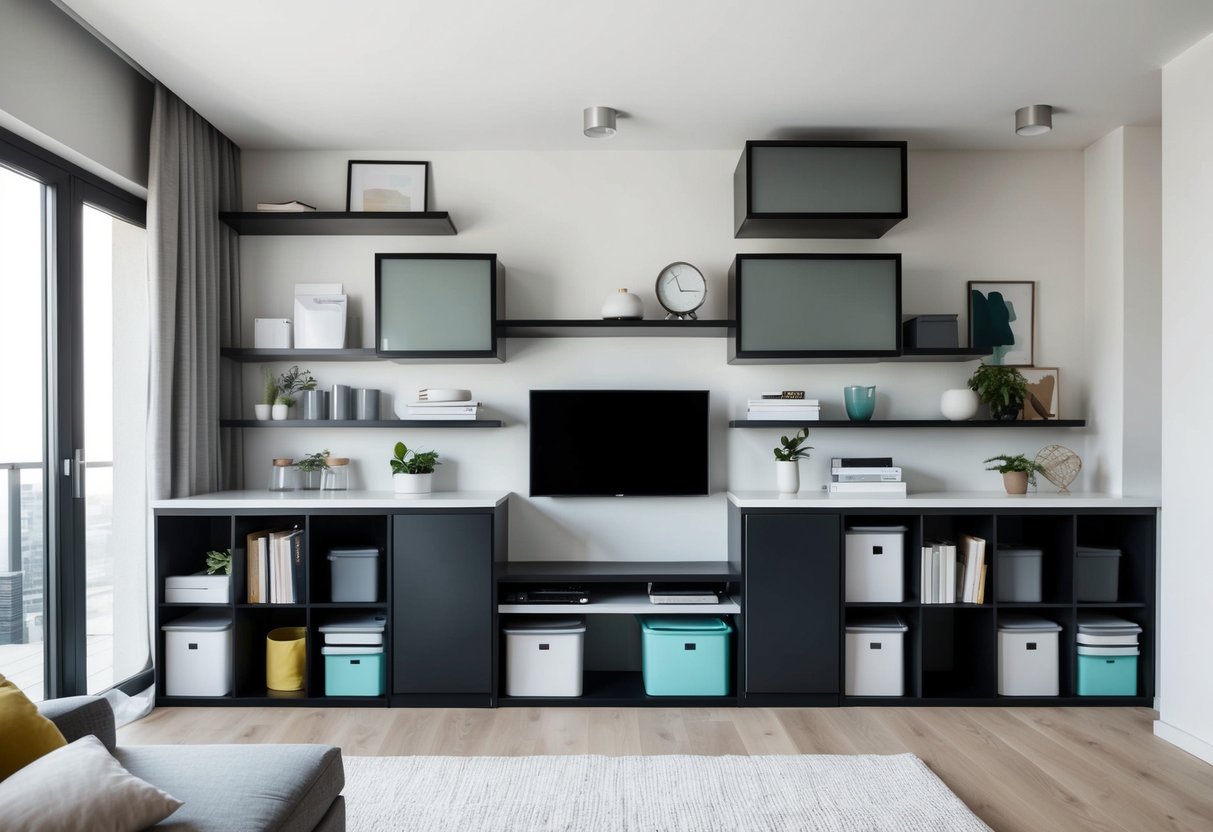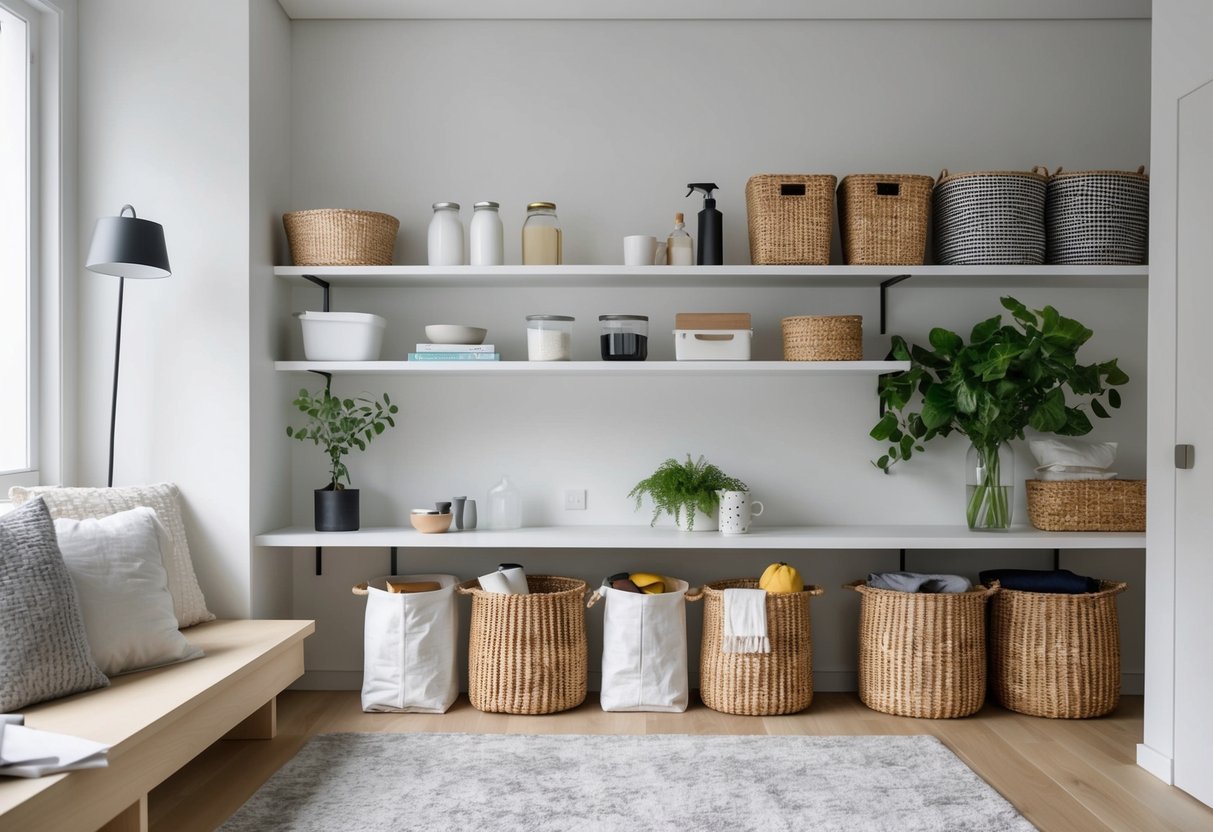
In the world of modern homesteading, creating a clutter-free home is both an art and a necessity. Today’s homesteaders embrace sustainable living without sacrificing style, and finding effective storage solutions is a significant part of that lifestyle. Modern homesteading offers stylish storage solutions that reduce clutter and help maintain a neat and inviting home environment.
From multifunctional furniture to innovative use of space, homesteaders have numerous options to keep their homes tidy. Hidden compartments, vertical storage, and furniture with built-in organizers make it possible to maximize space while keeping everything accessible. These solutions not only enhance the aesthetic appeal but also contribute to efficient home management.
Whether living in a rural cabin or an urban apartment, the principles of modern homesteading can be adapted to fit any lifestyle. Those who embrace this approach find that it is possible to maintain a clean, organized, and visually appealing living space by incorporating clever storage strategies.
Understanding Clutter and Its Impact

Clutter often results from accumulated possessions that can stifle creativity and cause unnecessary stress in home life. While many view clutter as a simple organizational problem, it has deeper psychological roots and broader effects on daily living.
The Psychology Behind Clutter
Clutter can be a physical manifestation of emotional barriers. It reflects personal experiences and can symbolize life’s unresolved issues. Many people hold onto items due to emotional attachments or perceived value, often fearing loss or regret.
These attachments may stem from past experiences, such as upbringing in a cluttered space or associating items with memories. This attachment can lead individuals to feel overwhelmed, anxious, or stressed in cluttered environments. Recognizing these psychological aspects is crucial. It aids in addressing clutter and helps individuals create a space that supports emotional well-being.
How Clutter Affects Home Life
Clutter directly impacts home life by influencing daily patterns and behaviors. It can lead to decreased productivity, as time is wasted searching for misplaced items. Cluttered environments can diminish relaxation and respite often sought from a home, making spaces feel chaotic and stressful.
A clutter-free environment fosters clearer thinking and enhances creativity. It opens up physical and mental spaces, providing a sense of freedom and ease. Maintaining organization and implementing stylish storage solutions can alleviate the burden of clutter.
Decluttering is not just about aesthetics; it involves creating a conducive living space that promotes peace and order. In turn, this enhances the overall quality of life.
Decluttering: The First Step to a Clutter-Free Home
A clutter-free home starts with effective decluttering. It’s essential to adopt a mindset that prioritizes organization and makes room for storing only what is truly important.
Strategies for Effective Decluttering
Effective decluttering begins with a well-planned strategy. Start by categorizing belongings into groups: keep, discard, or donate. This method streamlines the process by providing clarity on which items regularly serve a purpose and which do not. Allocate dedicated time slots for each area of the home to avoid feeling overwhelmed.
Setting a clear timeline helps maintain focus and ensures consistency. Utilizing the one-in, one-out rule can prevent excess accumulation. A systematic approach like this not only reduces clutter but also fosters a more organized space.
Developing a Decluttering Mindset
Developing a decluttering mindset is crucial for a sustainable, clutter-free environment. It involves shifting attitudes towards possessions, viewing them for their utility rather than as sentiment. Embracing minimalism encourages prioritizing quality over quantity, which significantly impacts how one organizes their space.
Practicing regular reflection on the necessity of each item helps maintain an organized space. By adopting this mindset, individuals can achieve greater clarity and peace in their environments. This transformative approach enables a continuous journey toward simpler living and helps in focusing on what truly matters.